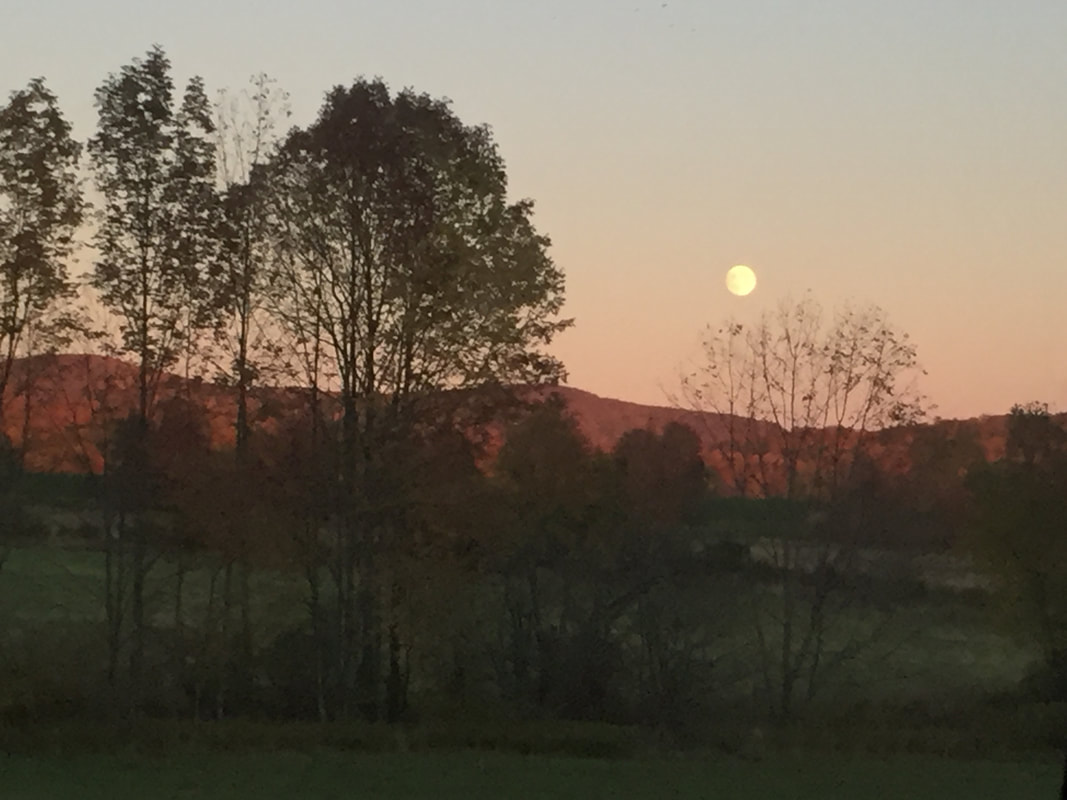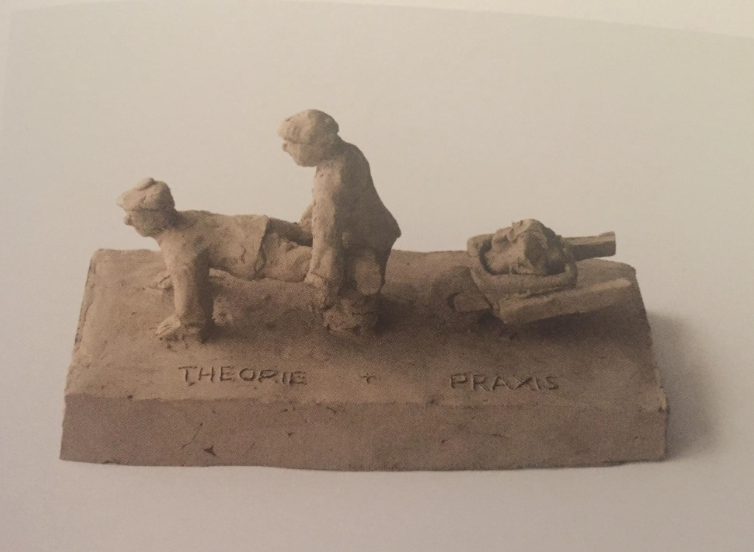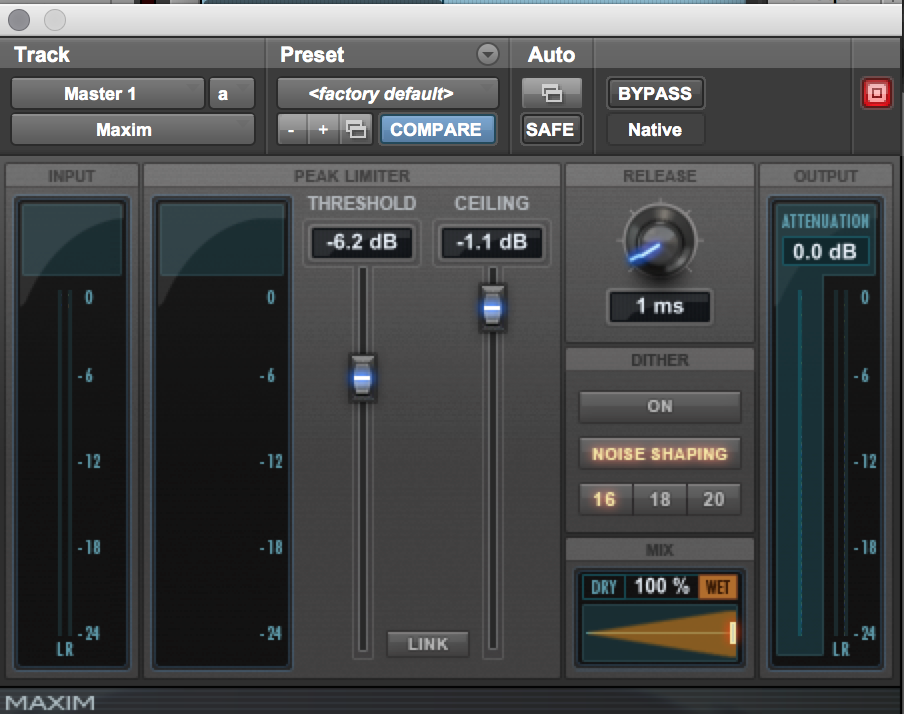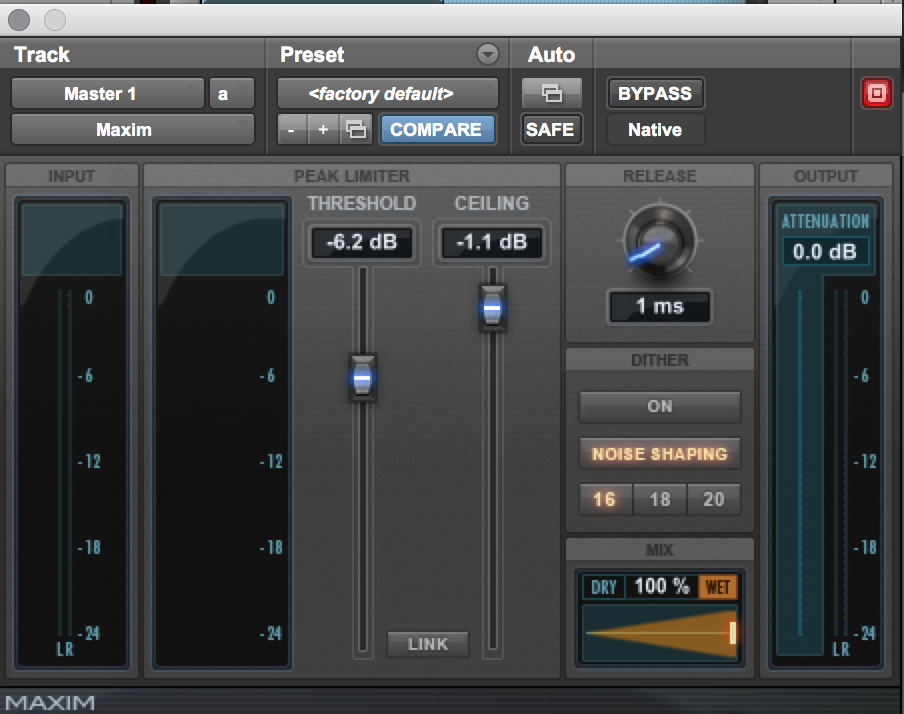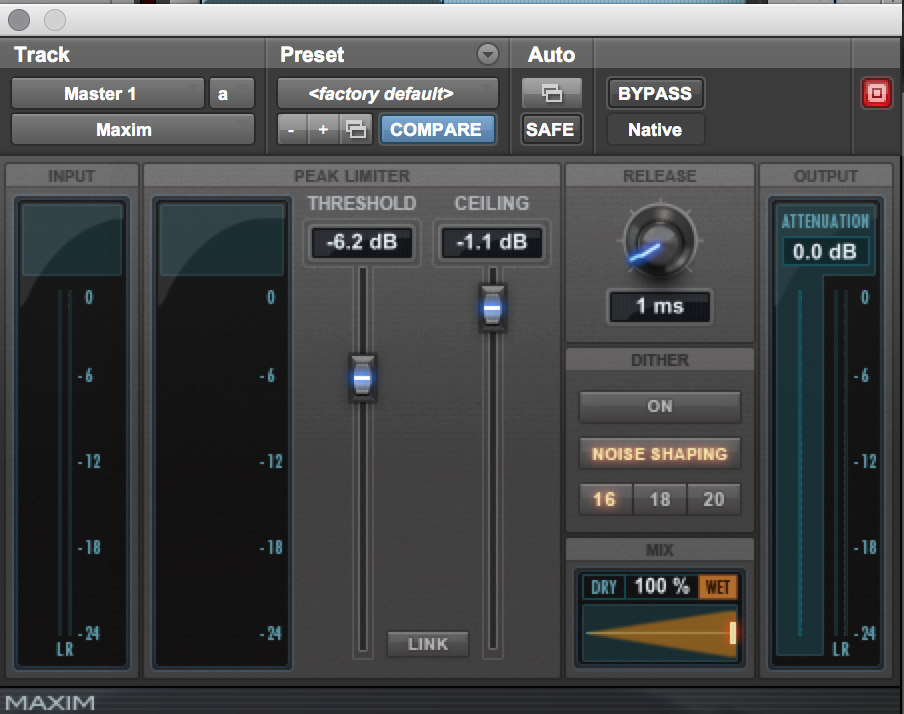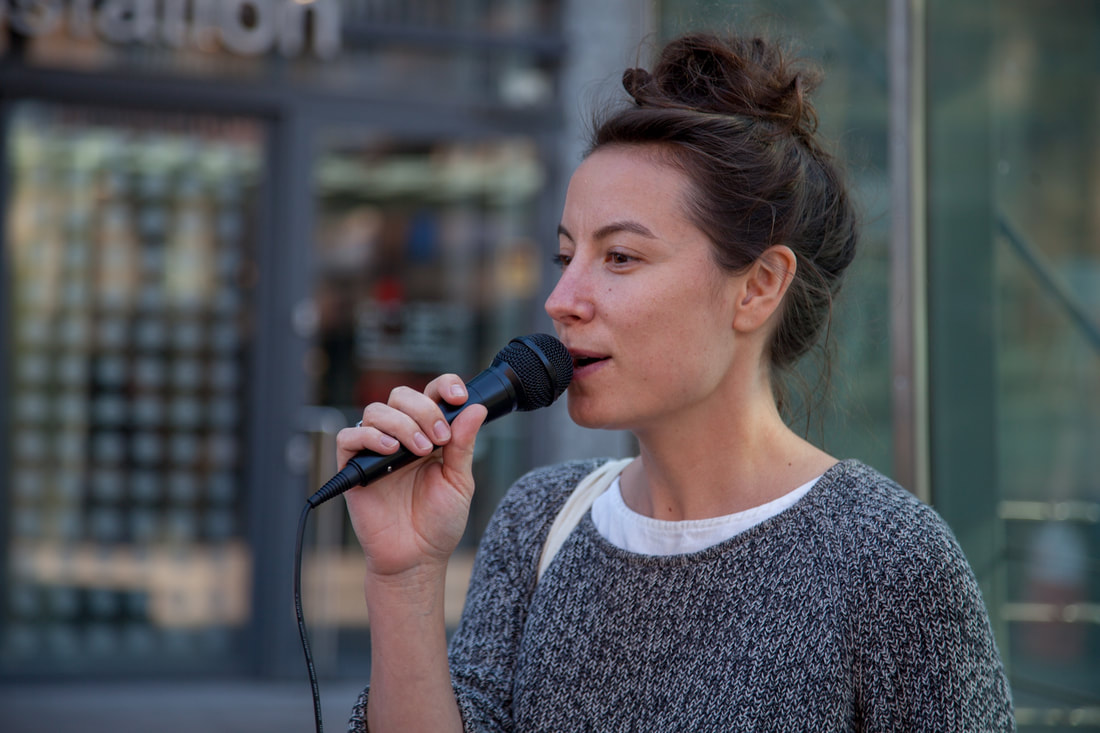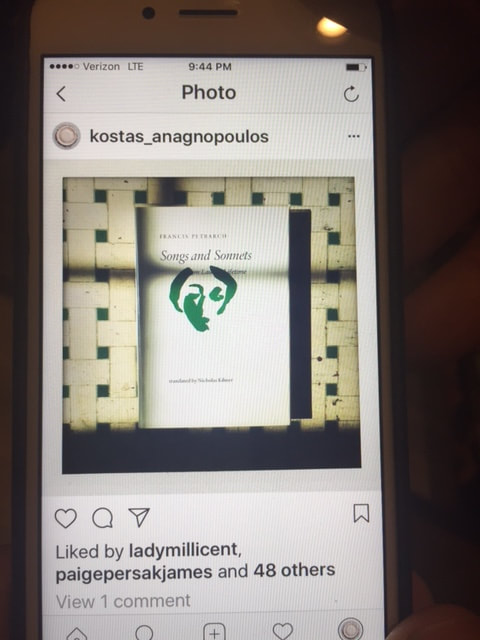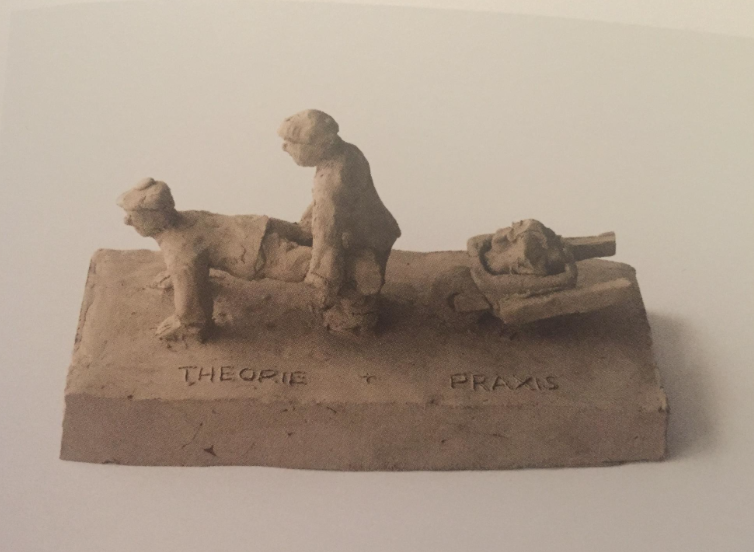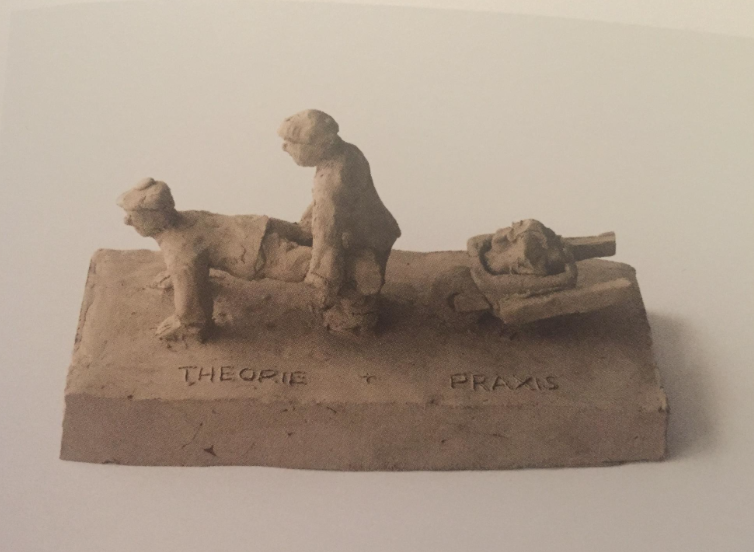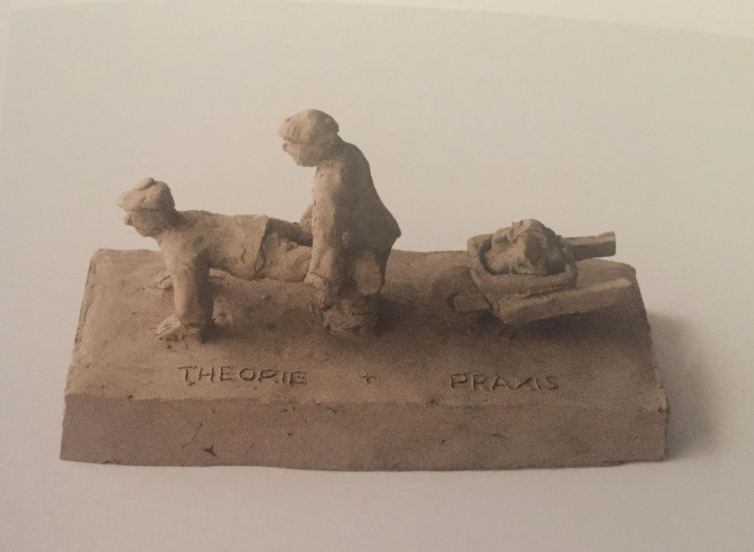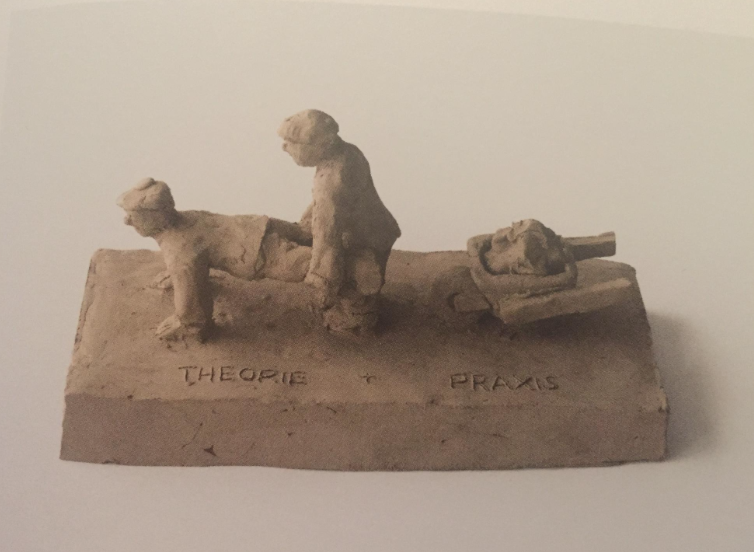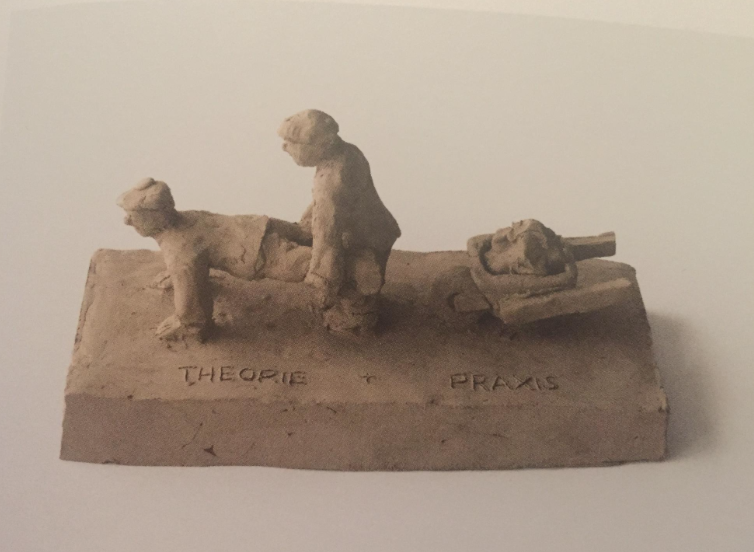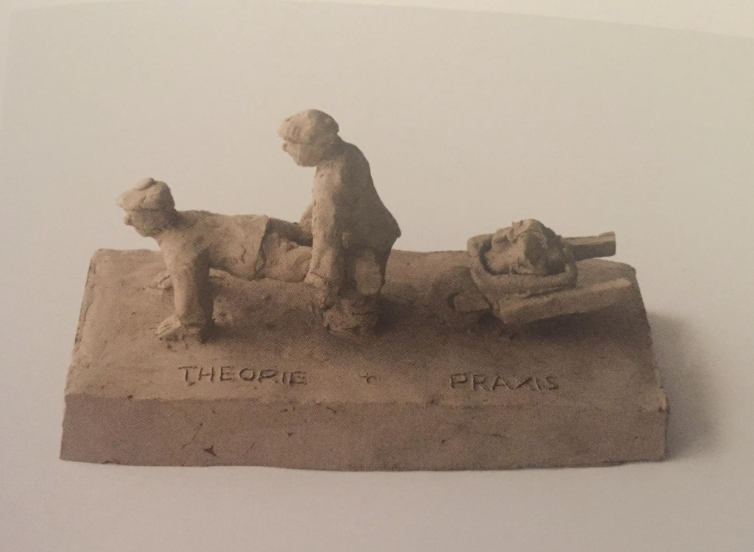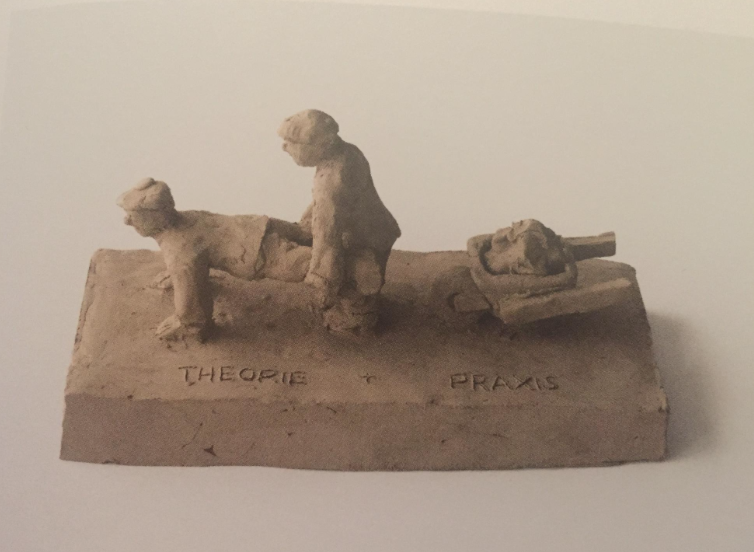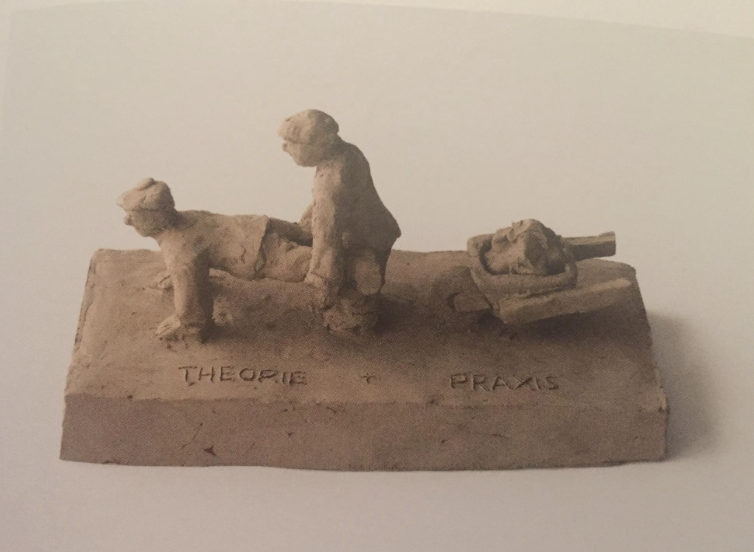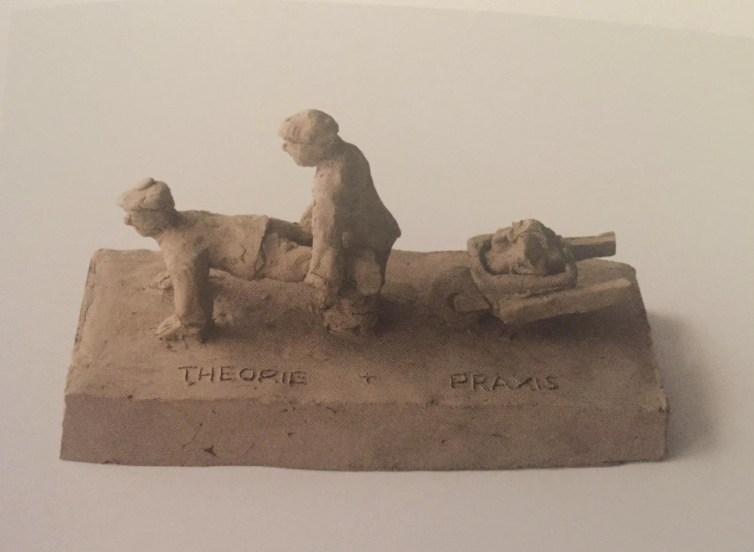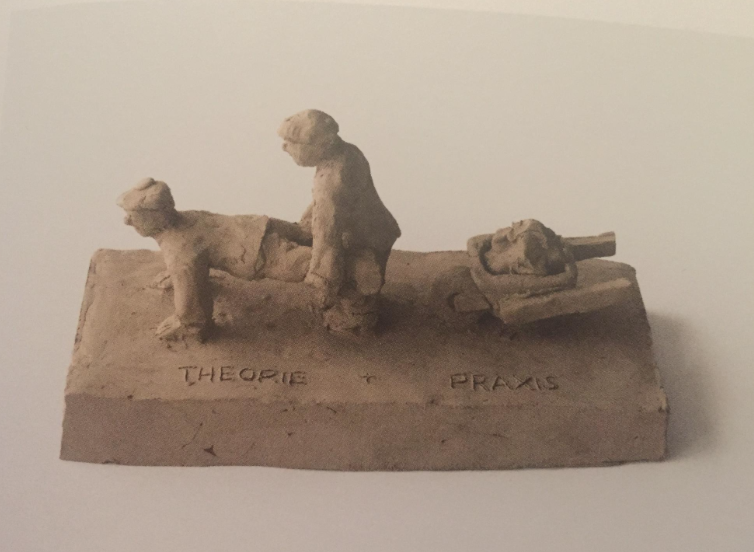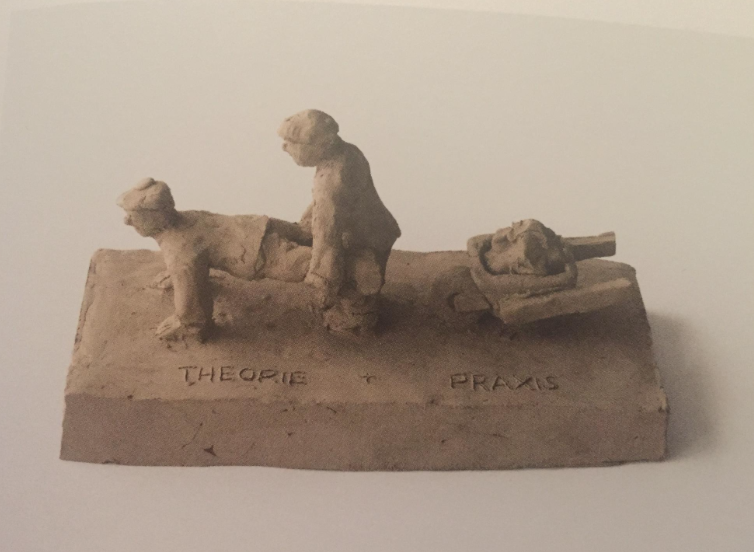Meet Our 2017 Residents
|
Sharon Mashihi is a New York based radio producer and screenwriter. Her audio pieces have aired on KALW, MPBN, KUOW, and Public Radio Remix. Most recently, she has been producing interview segments for Studio 360 at WNYC. She is a graduate of the radio program at the Salt Institute for Documentary Studies and holds a BFA in film from New York University’s Tisch School of the Arts. Her most recent feature-length screenplay, The Ticket - co-written with Ido Fluk – is being produced by Wendy Japhet and Pamela Koffler at Killer Films.
|
Joe Smoth *link to website if there is oneDeconstructed Documentary Live (DDL)
DDL is an audio-based performance in the guise of a lecture on storytelling. In DDL, I use the basic principles of formulaic screenwriting, as detailed in Robert McKee’s Story, to “teach” the story of a real-life documentary subject who appears live with me on stage. On one level, my performance is a lecture on story structure. On another, it is the presentation of a story from one person’s life told alternately through interview tape, the person’s live reading of transcripts from a previously recorded interview, and my own live narration. Instead of a presenting a previously edited documentary, I collaborate with a story subject to perform one on stage. DDL is an exploration of the relationship between documentary subject and documentary maker. How does a documentarian create empathy in the telling of a subject’s story? In my live telling of the story with the subject present, I attempt to provide the subject with more agency while hi-lighting the ways his agency is lost in service to the story. |

